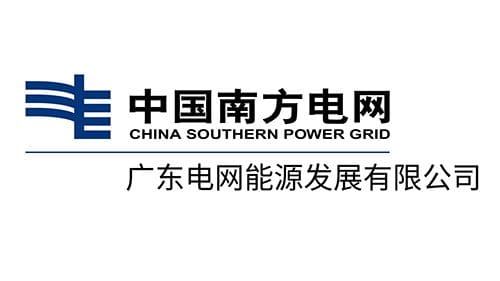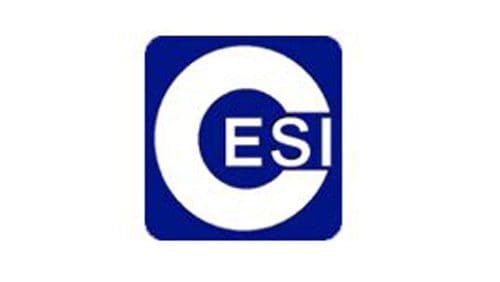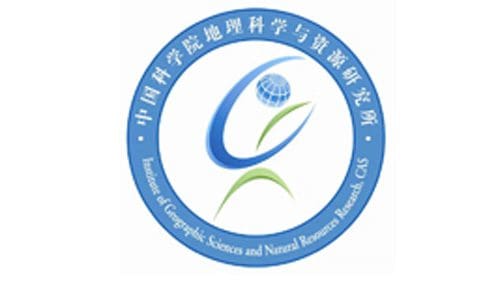With the growth of unmanned aircraft systems (UAS) applications, the requirements for the interface of payload devices has become more and more diverse. Some major UAS applications include mapping, power grid inspections utilizing high-definition cameras, rescue operations and traffic control. Establishing common interface requirements and performance characteristics will aid in furthering the application and use of Drones.
Get Your UAS Device Certified by IEEE
- Declare any certifications your products may have and the standards they adhere to.
- Publish detailed product information via data sheets.
- Participate in the development of a UAS Certification program that can help differentiate your products from non-certified competitors.
- Promote your products to a global audience.
- Published on the IEEE UAS Registry of Certified devices.
Help Drive Conformity Standards and Certification
The IEEE UAS Certification Assessment Committee (CAC), composed of industry stakeholders, that will benefit users, manufacturers, solution providers, regulators, and other potential beneficiaries.
The main objectives of this committee include:
- Demonstrate to buyers that UAV products or systems conform to the IEEE standards.
- Program participants adhere to the IEEE drone certification scheme.
- Testing is performed by IEEE recognized test laboratories.
- All certified devices or systems bear the IEEE Certified Mark and listed on the IEEE Registry.
Who Should Participate
Individuals or entities working in or engaged with the following:
- Manufacturers
- Systems Integrators
- Solution Providers
- End-user Communities (Transportation, Energy, Law Enforcement, etc.)
- Government Regulators
- Test Laboratories
- Academic Community
IEEE UAS Certification Program
The program is based on the IEEE 1937.1 Standard that specifies the general interface requirements and performance characteristics of payload devices in UAS. The UAS payload interfaces are described in three categories: mechanical interface, electrical interface, and data interface.
The IEEE 1937.1 testing and certification program assesses the compliance and performance characteristics of the UAS payload interface in scenarios of extreme temperature, humidity, water, dust, vibration/shock, mold, salt spray, etc. IEEE Certification ensures that the standards for UAS payloads, interface requirements, and performance characteristics of specific payloads are met. The devices are subjected to a rigorous third-party testing program in order to pass IEEE test plans and become IEEE Certified.
| Member Category Manufacturers, Integrators, Solution Providers End-Users, Test Labs & Others |
||||
|---|---|---|---|---|
| Annual Membership Fees5 | $15,0001 | $12,5002 | $7,5003 | $3,5004 |
Approved Test Lab Registry

Guangdong Power Grid Energy Development
UAS1-002
Product Registry
Join the Committee
The IEEE UAS Certification Assessment Committee (CAC), composed of industry stakeholders, will benefit users, manufacturers, solution providers, regulators, and other potential beneficiaries.






